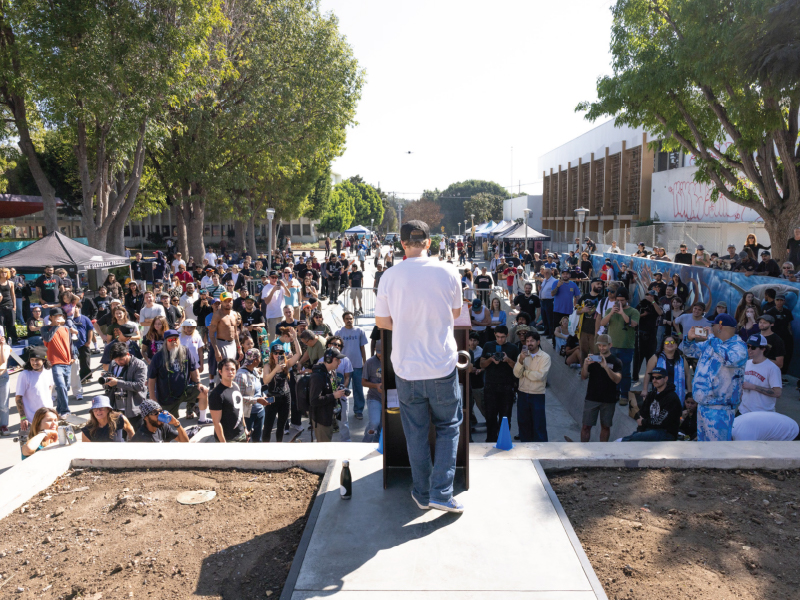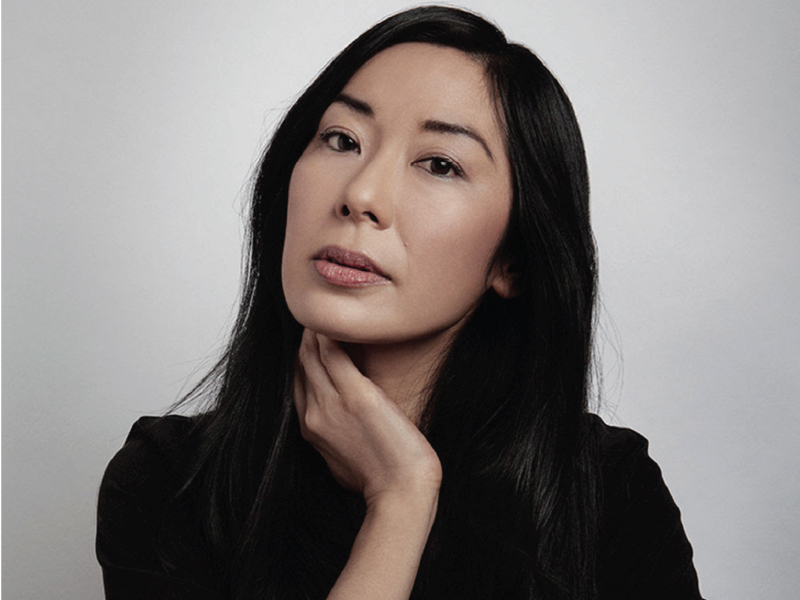
Los Angeles-based author Gary Goldstein has always known how to weave a compelling narrative. Whether as a novelist, playwright, or screenwriter, his work speaks to the complexities of life, love, and self-discovery. His latest novel, Please Come to Boston, released on September 10, is a testament to this craft—a coming-of-age story set in the turbulent landscape of 1975 that explores the nuances of sexuality during a time when such explorations were fraught with societal challenges.
Goldstein’s protagonist, Nicky DeMarco, is an 18-year-old freshman at Boston University, navigating the labyrinth of young adulthood. The novel takes readers on a journey as Nicky falls into an unexpected romantic triangle with Joe, a charismatic jock, and Lori, an adventurous psychology student. What starts as a thrilling, secretive love triangle turns into an emotional rollercoaster that stretches into the trio’s future. The story’s rawness and depth resonate, reflecting Goldstein’s approach to storytelling—one that draws from lived experiences, authenticity, and a touch of vulnerability.
The Journey to Authenticity

Goldstein’s career is a testament to versatility and a keen understanding of human emotion. With over 30 stage and screen credits, including Hallmark Channel’s first lesbian Christmas rom-com, which garnered a GLAAD nomination, Goldstein’s work has consistently pushed boundaries. As a film critic for the LA Times and a writer who spans multiple genres, he has spent years perfecting the art of narrative.
In a recent interview, Goldstein shared insights into his writing process, particularly how he had to learn to “write looser” to inject authenticity into his stories. For him, writing isn’t about adhering to rigid structures but rather about capturing the essence of human experiences in all their messiness and beauty. His characters, like those in Please Come to Boston, are often composites of his own encounters and observations, lending his stories a palpable sense of reality.
“I’ve always believed that the best stories come from a place of truth,” Goldstein said. “They might not be directly autobiographical, but they carry the emotional weight of real experiences. That’s what makes them resonate with readers.”
A Story Rooted in Personal and Cultural Context
Q: Your novel, Please Come to Boston, delves into the complexities of sexuality in the 1970s. How much of Nicky’s story is drawn from your own experiences?
Gary Goldstein: While Nicky’s story isn’t autobiographical, there are certainly elements of my life and the lives of those around me that influenced it. The 1970s were a different time, and the journey of self-discovery was often undertaken with a sense of trepidation and secrecy. Like Nicky, many young people then had to navigate their feelings in a society that wasn’t as open or accepting as it is today.
Q: You’ve mentioned learning to “write looser” over the years. How has that influenced your storytelling, particularly in this novel?
Goldstein: Writing looser has allowed me to create characters and situations that feel more real. When you’re too focused on structure, you can lose the spontaneity that makes stories come alive. With Please Come to Boston, I wanted to explore these characters in a way that felt authentic, messy, and true to life. Life doesn’t always fit neatly into a narrative arc, and I think readers connect with stories that reflect that truth.
Q: You’ve worked across various mediums—stage, screen, and novels. How do these experiences influence each other in your writing process?
Goldstein: Each medium has its own demands and influences my writing differently. Screenwriting taught me economy—how to say a lot with a little—while playwriting taught me to delve deep into character and dialogue. Novel writing offers a different kind of freedom, a space to explore characters’ inner lives in more detail. Please Come to Boston allowed me to use all these skills, creating a story that’s both intimate and expansive.
Bringing the Past into the Present
Goldstein’s work is a bridge between eras, reminding us how far we’ve come while acknowledging the struggles that persist. By intertwining personal experience with broader cultural shifts, Please Come to Boston does more than tell a story—it creates a dialogue about love, identity, and the often-complicated path to self-acceptance.
Through Nicky’s journey, readers are invited to reflect on their own paths, the choices they’ve made, and the moments that have defined them. It’s a novel that resonates not just with those who lived through the 1970s but with anyone who has ever grappled with who they are and who they want to become.
In the end, Goldstein’s message is clear: authenticity is the key to storytelling, and by embracing the full spectrum of human experience—joy, pain, love, loss—we can find stories that speak to the core of who we are.
More about Gary Goldstein can be found at garygoldsteinla.com
If you are interested in his latest book, Please Come to Boston, visit garygoldsteinla.com/book-please-come-to-boston
Photo credits: Courtesy of Gary Goldstein



